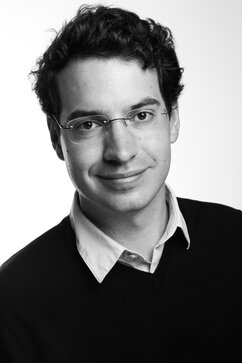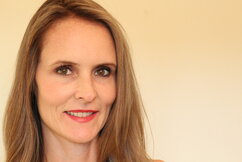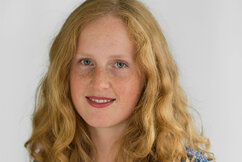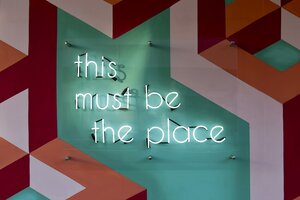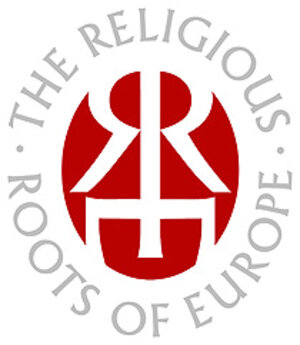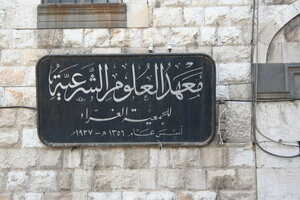Master's Programme: Religious Roots of Europe (120 ECTS credits)
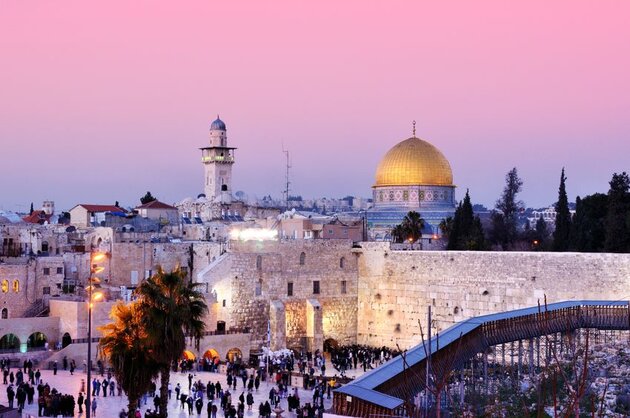
Centre for Theology and Religious Studies at Lund University, in cooperation with University of Copenhagen and University of Oslo.
About the Master's Programme: Religious Roots of Europe
Religious Roots of Europe (RRE) is a two-year Nordic Master’s programme offered by the Centre for Theology and Religious Studies at Lund University in cooperation with two other Nordic universities (Copenhagen and Oslo). The teachers in the programme are consequently prominent researchers and professors from all three universities.
Judaism, Christianity and Islam all originated in the Middle East, but have grown to become the religious roots of contemporary Europe. This programme goes back to the roots and explores the early development of the three religions; not as isolated cultures but as traditions that have inspired one another and defined themselves in relation to each other. In the programme the three religions are studied not separately but together. And since history is not only about the past – but also about the past that is present – the religions are even studied in a contemporary perspective.
The application period is open from mid-October to mid-January. For the possibility of late applications, please contact our coordinator at Lund University (religiousrootsctr.luse). A new cycle starts each fall.
Programme coordinator: Andreas Westergren, religiousrootsctr.luse.
Apply for the Master's Programme: Religious Roots of Europe
Read more and apply for the Religious Roots of Euorope here.
If you need to take a course to meet the language requirement, CTR offers online courses in Old Testament Hebrew and New Testament Greek, where the language of instruction is Swedish.
There are also online courses in Hebrew and Arabic, offered by University of Copenhagen, with English as the language of instruction. If you are interested in these courses, please e-mail religiousrootsctr.luse for more information.

